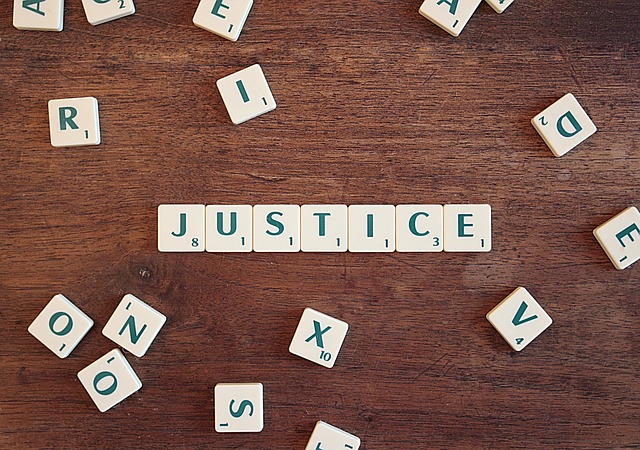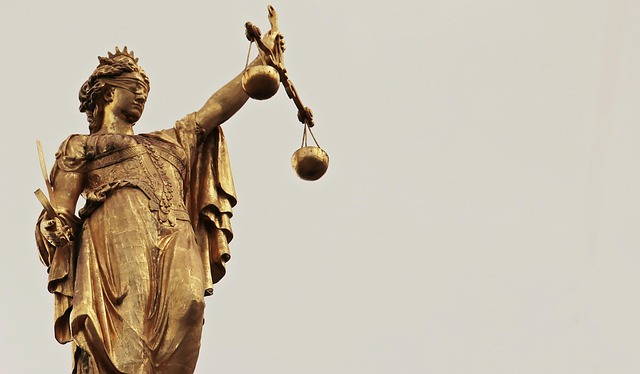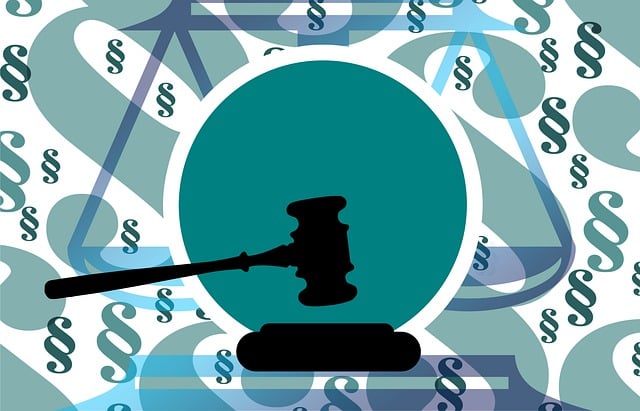Public corruption charges pose significant risks to startups, particularly regarding intellectual property and brand identity. Trademark infringement legal assistance is crucial for navigating complex regulations, avoiding severe penalties, and protecting brand assets during growth stages. Specialized guidance helps startups mitigate risks, safeguard competitive advantages, and foster innovation while facing public corruption allegations.
In the intricate landscape of entrepreneurship, startups often find themselves navigating uncharted territories, including the formidable challenge of public corruption charges. This article delves into the intricacies of understanding and defending against such accusations, which can have severe implications for young businesses. We explore the legal basis of public corruption, its impact on startups, and strategic defense mechanisms. Furthermore, a focused analysis on trademark infringement provides valuable insights, emphasizing the critical role of legal assistance in protecting startup interests, especially regarding trademark infringements.
- Understanding Public Corruption Charges: Legal Basis
- Impact on Startups: Potential Consequences & Risks
- Navigating Legal Defense Strategies for Startups
- Trademark Infringement: A Focused Analysis
- Legal Assistance Options for Startup Protection
Understanding Public Corruption Charges: Legal Basis

Public Corruption Charges stem from illegal acts involving public officials or government entities, where integrity and ethical conduct are compromised. These charges encompass a range of activities, including bribery, fraud, abuse of power, and misappropriation of public funds. The legal basis for these charges is primarily rooted in criminal law, with specific statutes and regulations designed to combat corruption. In the United States, for instance, federal and state laws prohibit various forms of corrupt practices, ensuring transparency and accountability in governance.
Understanding the legal landscape surrounding public corruption is crucial, especially for startups seeking legal assistance for their growth. While startup ventures might face unique challenges, including trademark infringement issues, they must also navigate the complexities of white collar defense. Across the country, law enforcement agencies and regulatory bodies actively monitor and investigate suspected corrupt activities throughout all stages of the investigative and enforcement process. Staying informed about these legal aspects is vital to mitigate risks and ensure compliance with anti-corruption regulations.
Impact on Startups: Potential Consequences & Risks

Public corruption charges can significantly impact startups, particularly when it comes to protecting their intellectual property and brand identity. In a landscape where an unprecedented track record of legal assistance is crucial for navigating complex regulatory environments, startups must be vigilant against potential trademark infringement. These charges not only carry severe financial penalties but also risk damaging the startup’s reputation, making it harder to attract investors and partners across the country.
The consequences of corruption-related allegations can extend far beyond legal fees. Startups might face challenges in securing future funding rounds, as investors often steer clear of companies with questionable ethics. Moreover, the time and resources spent defending against such charges could divert focus from innovation and growth strategies, potentially derailing the startup’s trajectory for success. Effective risk management involves proactive trademark protection measures and a keen eye on compliance to avoid indictment.
Navigating Legal Defense Strategies for Startups

Navigating the complex legal landscape is a significant challenge for startups, especially when facing public corruption charges. These cases often involve intricate web of relationships and financial transactions, making them particularly daunting. Startups require specialized legal assistance to construct robust defenses against such allegations.
Trademark infringement legal assistance is crucial, as these cases demand a deep understanding of intellectual property laws. Beyond this, startups need strategies focused on avoiding indictment and achieving extraordinary results. A comprehensive general criminal defense approach, tailored to the unique needs of the startup, can help mitigate risks and protect their interests during investigations and subsequent legal proceedings.
Trademark Infringement: A Focused Analysis

In the intricate landscape of intellectual property law, trademark infringement stands as a significant challenge for startups aiming to establish their unique brand identity in the market. This issue often arises when an entity utilizes a trademarked name or symbol in a manner that confuses consumers and undermines the original owner’s distinctiveness. For startups, securing legal assistance in navigating these complex high-stakes cases is paramount.
Expert guidance is crucial for understanding the nuances of trademark law, especially as it pertains to protecting brand assets against infringement. Legal professionals specializing in intellectual property can provide invaluable support, helping startups achieve extraordinary results in safeguarding their trademarks. This proactive approach not only ensures the long-term viability of a startup’s brand but also fosters trust among its target audience, particularly within the diverse and dynamic philanthropic and political communities that often fuel entrepreneurial ventures.
Legal Assistance Options for Startup Protection

In the face of public corruption charges, startups have a crucial ally in legal assistance tailored for their unique needs. Given the dynamic nature of the startup ecosystem, entrepreneurs often find themselves navigating complex intellectual property and trademark infringement issues early on. Legal aid specifically designed for startups can help them protect their innovations and brand identities. This is particularly important as they grow and engage with larger businesses or philanthropic and political communities.
These legal assistance options extend beyond simply avoiding indictment. They encompass strategic guidance on crafting non-disclosure agreements, conducting thorough due diligence to identify potential infringements, and proactively defending against trademark disputes. Through these measures, startups can safeguard their competitive advantage, foster innovation, and contribute positively to the economy while mitigating risks associated with public corruption allegations.
Public corruption charges can significantly impact startups, from reputational damage to legal consequences. Understanding the legal basis behind these charges is crucial for navigating potential risks, especially regarding trademark infringement. By seeking specialized legal assistance tailored for startups, entrepreneurs can protect their brands and mitigate the effects of such allegations. Proactive measures and a strong defense strategy are essential to ensuring the long-term success and sustainability of innovative ventures in today’s competitive business landscape.






